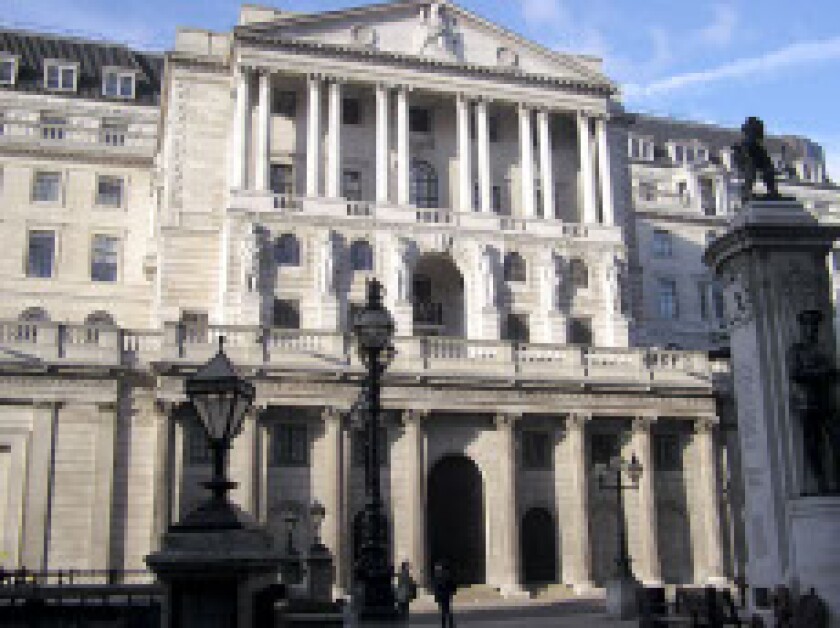The scheme has arguably given greater lending incentives to high street banks, and those savings have arguably been passed on to consumers. But TFS was never meant to be a permanent fixture, and it is distorting the market.
Unless the Bank of England thinks that the programme itself staved off Brexit volatility, which is unlikely, considering it has been fairly self-critical over its role in “project fear” and has admitted it oversold the potential for a post-vote financial meltdown, it should have no issue with ending the scheme ahead of schedule.
Even the scheme’s most ardent supporters begrudgingly admit that TFS was overkill, and a serious argument exists for ending it before its scheduled end in February 2018.
TFS has significantly changed the face of UK mortgage funding and has dealt a blow to the supply of UK RMBS. The market has dried up as banks have used the scheme to finance themselves at 25bp, well below capital markets executions for prime RMBS paper.
While supply has dwindled, soaring demand for UK RMBS has pushed spread levels tighter. Similar to the many rounds of quantitative easing in the US and other markets, a reach for yield will push investors into increasingly riskier assets.
A healthy UK RMBS market is vital for UK housing finance, and the temporary benefits of TFS are being being outweighed by how much it distorts the market.
As banks will certainly return to the capital markets after TFS ends, the Bank of England should rip the plaster off now and get it over with.
Approximately £20.69bn was drawn under TFS as of December 31 last year, and while not all of that funding would have come out in the wholesale funding markets, mortgage supply is certainly being channelled away from the capital markets.
Given that investor demand for new UK RMBS is at its peak, the central bank should reassess its plan to let the programme run to 2018. Otherwise it is simply prolonging what was designed as an extraordinary measure through ordinary times.

